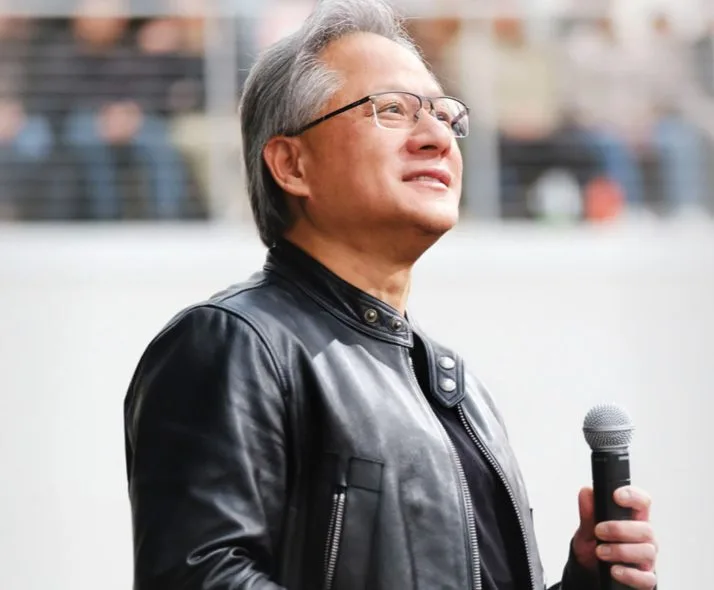NVIDIA CEO Jensen Huang believes artificial intelligence (AI) is the tech industry’s greatest contribution to social elevation. Speaking at Oregon State University, Huang highlighted the potential of AI to serve as a collaborator, particularly for those who may not have programming skills. The talk marked the groundbreaking of a new research building named after Huang and his wife, Lori, both alumni of the university. The facility will position Oregon State as a leader in the semiconductor industry and high performance computing. NVIDIA also announced a $110 million partnership between Japan and the United States for university research.
AI: A Tool for Social Elevation and Global Impact
Artificial Intelligence (AI) has the potential to bring the benefits of the digital revolution to billions of people worldwide, according to NVIDIA CEO Jensen Huang. Speaking at a forum at Oregon State University, Huang emphasized the transformative power of AI, describing it as the technology industry’s most significant contribution to social elevation. He suggested that AI could serve as a constant collaborator or tutor, helping to bridge the gap for those who have been left behind by the complexities of programming languages such as C++.
Huang’s comments came during a week of announcements highlighting NVIDIA’s commitment to preparing the future workforce with advanced AI, data science, and high-performance computing training. These included a $110 million partnership between Japan and the United States, funding for university research, and the unveiling of a new NVIDIA-powered supercomputer at Georgia Tech.
The Role of AI in the ‘New Industrial Revolution’
Huang believes we are at the beginning of a new industrial revolution, one that will be driven by AI. In this new era, AI will be used to produce ‘tokens’ or floating-point numbers, which Huang equates to artificial intelligence. This revolution, he suggests, will involve manufacturing intelligence on a large scale.
NVIDIA has been investing in universities for decades, providing computing resources, advanced training curricula, donations, and other support. These contributions enable students and professors to access the high-performance computing necessary for groundbreaking results at a key moment in the history of the industry.
Oregon State University’s New Research Complex
Oregon State University recently broke ground on a new research building, the Jen-Hsun Huang and Lori Mills Huang Collaborative Innovation Complex. The $213 million complex, supported by a $50 million gift from the Huangs, will increase Oregon State’s support for the semiconductor and technology industry in Oregon and beyond.
The complex will harness one of the nation’s most powerful NVIDIA supercomputers, bringing together faculty and students to solve critical challenges facing the world in areas such as climate science, clean energy, and water resources. Huang sees the center — and AI — as helping put the benefits of computing at the service of people doing work across a broad range of disciplines.
AI Skills for Universities: NVIDIA’s Global Commitment
NVIDIA’s commitment to advancing the global technology industry is not limited to Oregon State University. The company recently joined a $110 million AI partnership between Japan and the United States, which includes an initiative to fund research through collaboration between the University of Washington and the University of Tsukuba. NVIDIA is committing $25 million to a collaboration with Amazon to bring the latest technologies to these universities.
In addition, Georgia Tech’s College of Engineering established an AI supercomputing hub dedicated to teaching students. The AI Makerspace, launched in collaboration with NVIDIA, aims to democratize access to computing resources typically reserved for researchers or technology companies.
The Future of AI: Opportunities and Limitations
While AI offers immense opportunities, Huang also acknowledged its limitations. He compared working with AI to working with teammates or lab partners, emphasizing the importance of understanding each other’s weaknesses and strengths. However, he remained optimistic about the future, stating that now is a fantastic time to get an education and prepare for a career. He believes that the world is changing, with new technology, new capabilities, new instruments, and new ways to learn, making this the best of times to go to school.
External Link: Click Here For More

